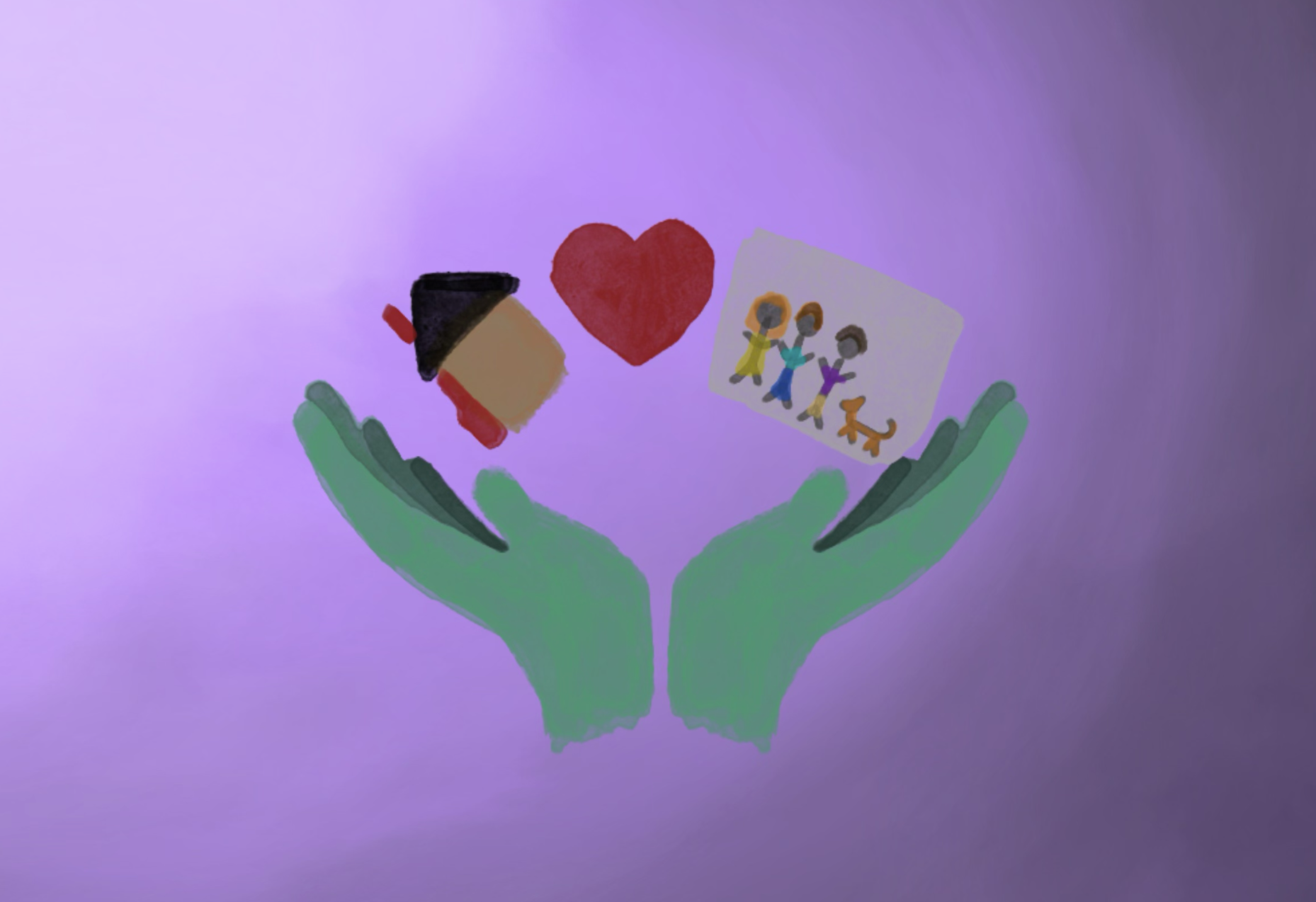As (for some of you) your favorite rapper, J.Cole, once said, “The homeless man on the street can still wake up and go ‘man, I’m alive.’”
The art of being grateful isn’t simply giving thanks every once in a while; it is a demanding skill that requires practice.
Most people, including me, tend to acknowledge their privileges only a few times throughout the year during holidays. Even then, most of the stuff that we say we are grateful for we don’t truly take the time to acknowledge and fully appreciate.
In order to be truly grateful, you must start off by acknowledging and accepting the fact that you are most likely not as appreciative as you think.
It’s safe to assume that no one who attends Saint Stephen’s wakes up each morning and wonders— “How am I going to get to school? Is there food in the fridge? Am I safe right now?”
The truth is, not having to wonder about these things is a privilege. And not everyone has this privilege.
This isn’t just another lesson that I’m sure your parents have delivered to you a hundred times about how there are people with less than us. Although this is true and something we should acknowledge, the misfortunes others encounter don’t have much to do with our own privileges.
Comparison isn’t the backbone of gratefulness; comparing is merely “acting” like you’re grateful because it ignores your own fortunes. Being grateful means acknowledging what you do have and appreciating those things for how they are, rather than asking for more or comparing yourself to others. There is no need to compare your privileges and luxuries to those with less or more. This goes with comparing your 2010 Honda to a brand new Porsche when you already have the privilege of owning a car.
Understandably, it’s hard remembering to be grateful for everything, and it is quite frankly impossible to acknowledge everything there is to be grateful for; however, this isn’t an excuse to be ignorant of your prerogatives.
Being grateful is the action of acknowledging the things in life that are meaningful to you and learning to appreciate them, rather than hoping for more than what you already have, or in some cases, comparing yourself to those with less.
The stresses of your daily life and the inconveniences in it, such as bad traffic or a poor test grade, can make it difficult to show gratitude. We all get caught up in waves of negativity every once in a while, which tend to fade the positive moments of our days into the background; for example, maybe you’re dreading an important test on Monday and so you forget to take time and appreciate the weekend.
Fortunately, this endless negative feedback loop can be changed; your experience depends on how you choose to think and react.
Traffic? At least you have transportation. Poor test grade? You have the opportunity to go to a school that has the resources for you to improve. Annoying family dinner? You have a family well-off enough to afford dinner and spend time together. You must acknowledge that the mundane stresses of your life are luxuries others could only wish for.
While it is not always easy, being grateful– for the most part– benefits your mood, perspective, and overall well-being. According to a survey run by the New York Times about how readers “practice gratitude,” they found that the act of doing so can have “positive effects on our emotional health as well as on our interpersonal and romantic relationships.”
Gratitude can reduce a vast amount of toxic emotions such as envy and frustration. Being grateful may also increase self-esteem by being able to appreciate your own accomplishments rather than comparing yourself to others.
I understand that we’ve all been told to appreciate the things we have countless of times, or have been in arguments with parents where they call us “ungrateful.”However, these words tend to go through one ear and out the other and we continue to ask for more without realizing we already have enough.
As Oprah once said— “Be thankful for what you have; you’ll end up having more. If you concentrate on what you don’t have, you’ll never, ever have enough.”
Being grateful shouldn’t be seen as a chore, but as something we do to better ourselves as individuals and improve our outlooks on situations. Remembering to be grateful can bring light in our dullest days. Being grateful can brighten our mood, guard us against negativity, improve our relationships, and change the way we view our day-to-day lives and even ourselves.
Latin teacher Mr. Revard said it best: “It can always be raining inside”; so take the time to acknowledge the simple things there are to be grateful for, such as your education and family, because those things are not promised forever.
7


Nikola D Louloudes • Oct 17, 2023 at 7:05 am
Great article. Well written and easy to read. The simplicity of being grateful is exactly that. Simple. Most of our, “dis-ease”, is rooted in the embodiment of just simply being grateful! Proud of this Author, & grateful for her words! You go girl!